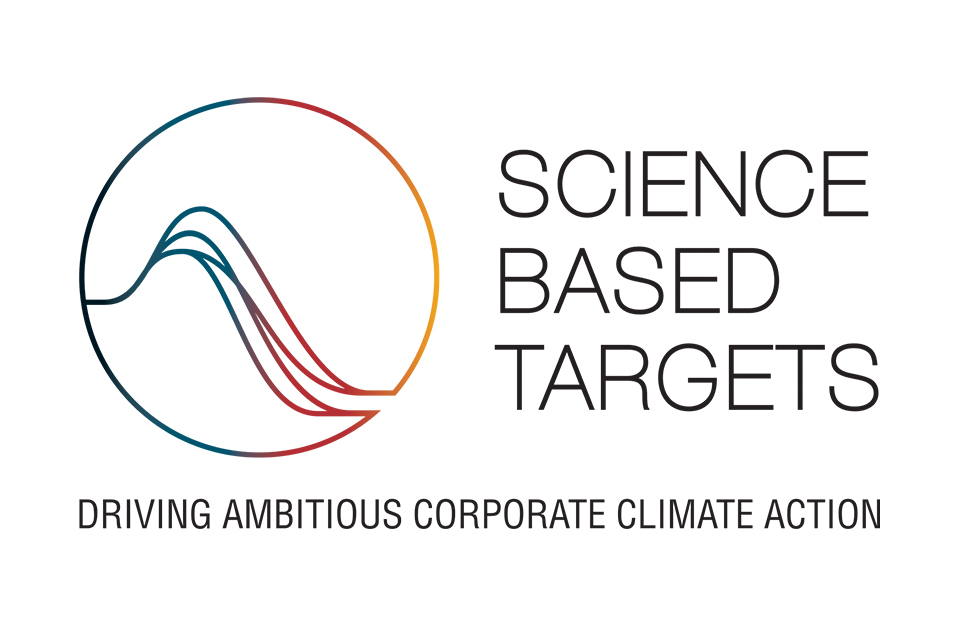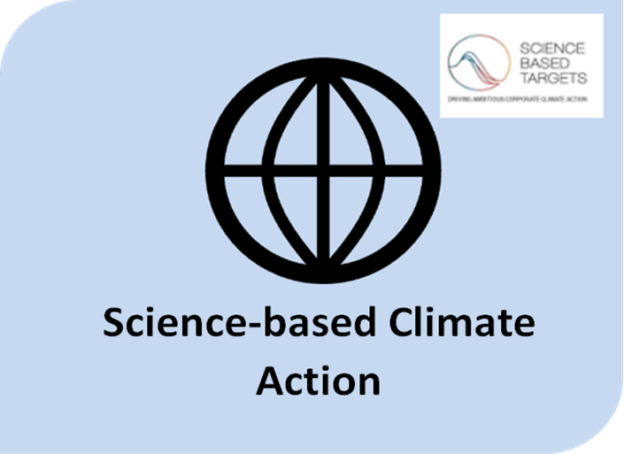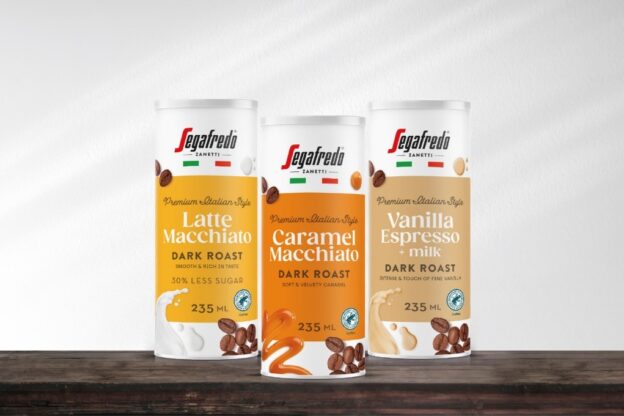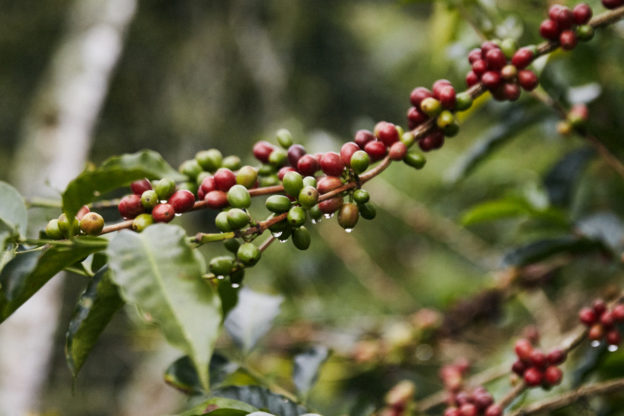Science-based targets are emissions reduction targets in line with what the latest climate science says is needed to meet the goals of the Paris Agreement; to limit global warming to well-below 2°C above pre-industrial levels and pursue efforts to limit warming to 1.5°C. The Science Based Targets initiative (SBTi) is a collaboration between CDP, the United Nations Global Compact, World Resources Institute (WRI) and the World Wide Fund for Nature (WWF). The SBTi defines and promotes best practice in science-based target setting and independently assesses companies’ targets.
The latest science has made it clear that more needs to be done -and faster -in order to avoid the worst impacts of climate change and secure a thriving, sustainable economy. The next few years are critical, and companies have a vital role to play in helping achieve transformation at the pace and scale that is needed.
In its reports published in August 2021, February and March 2022, the Intergovernmental Panel on Climate Change (IPCC) has stated that the likelihood of weather events causing significant damage has increased. Without immediate and deep emissions reductions across all sectors, limiting global warming to 1.5°C is beyond reach. The extent of future changes will depend on the future evolution of greenhouse gas emissions, in particular carbon dioxide.
“Food industry has an important role to play in combating climate change. We at Meira are committed to this work among the top Finnish companies and have joined the growing number of international companies that have had their emission reduction targets approved by SBTi’s impartial expert panel. Climate work is a pivotal part of our sustainability agenda, that is based on the UN Sustainable Development Goals. We hope that our commitment will also encourage other companies in our size range to set ambitious climate targets,” comments Raimo Sinisalo, Managing Director of Meira.
Meira commits to reduce its own emissions 80 % by 2028
The targets covering greenhouse gas (GHG) emissions from Meira’s own operations are consistent with reductions required to keep global warming to 1.5°C, the most ambitious goal of the Paris Agreement. Meira has committed to reduce absolute scopes 1 and 2 GHG emissions by 80 % by 2028 from a 2019 base year.
“In our own operations, climate work is above all improving energy efficiency and increasing renewable energy. This work has been going on for years. We now have a precise, science-based target for 2028. We have already reduced the energy needs of Meira’s operations, switched to renewable electricity, and created a roadmap for replacing natural gas with biogas and switching to renewable district heating. For us, these are value choices – they are in line with our purpose “Fairly, For Far Better Moments”,” comments Marleena Bask, Director of Strategy and Sustainability at Meira.
Committing cooperation partners to calculate and reduce emissions is a key part of climate work
Part of the climate work required by SBTi is to calculate the value chain emissions outside the own production (so-called scope 3 emissions) in accordance with the GHG Protocol standard, and to set a target for the climate work also with regard to scope 3 emissions.
The majority of Meira’s emissions in the entire value chain are generated outside its own operations, especially in the production and cultivation of raw materials. Meira is committed that 90 percent of its suppliers by emissions covering purchased goods and services will set science-based climate targets by 2025. In addition, Meira is committed to reducing emissions from pre-production (upstream) transportation and distribution and waste generated in operations by 50 percent by 2028 compared to 2019 base year.
“In industrial production, it is very typical that most of the emissions are generated in the value chain outside one’s own direct operations. The largest single source of emissions in our operations is the cultivation of coffee and spices, where climate impacts arise, for example, from the production and use of fertilizers. That is why it is very important for us to have an active dialogue with our partners in the countries of origin to encourage them to study their own climate impact and to work relentlessly to reduce those impacts. This will be the focus of our sustainability work in the coming years”, Bask says.
Meira Oy’s science-based targets:
- Meira Oy commits to reduce absolute scopes 1 and 2 GHG emissions 80 % by 2028 from a 2019 base year*.
- Meira Oy commits to reduce absolute scope 3 GHG emissions from upstream transportation and distribution and waste generated in operations 50 % over the same time frame.
- Meira Oy commits that 90 % of its suppliers by emissions covering purchased goods and services will have science-based targets by 2025.

More information:
Marleena Bask
Director, Strategy and Sustainability
+358 50 352 3643
[email protected]
*The target boundary includes land-related emissions and removals from bioenergy feedstocks.
What is The Science Based Targers initiative (SBTi)?
The SBTi is a partnership between CDP, the United Nations Global Compact, World Resources Institute (WRI) and the World Wide Fund for Nature (WWF). The SBTi Defines and promotes best practice in emissions reductions and net-zero targets in line with climate science. Science-based targets provide a clearly-defined pathway for companies and financial institutions to reduce greenhouse gas (GHG) emissions, helping prevent the worst impacts of climate change and future-proof business growth. Targets are considered ‘science-based’ if they are in line with what the latest climate science deems necessary to meet the goals of the Paris Agreement – limiting global warming to well-below 2°C above pre-industrial levels and pursuing efforts to limit warming to 1.5°C. https://sciencebasedtargets.org/




